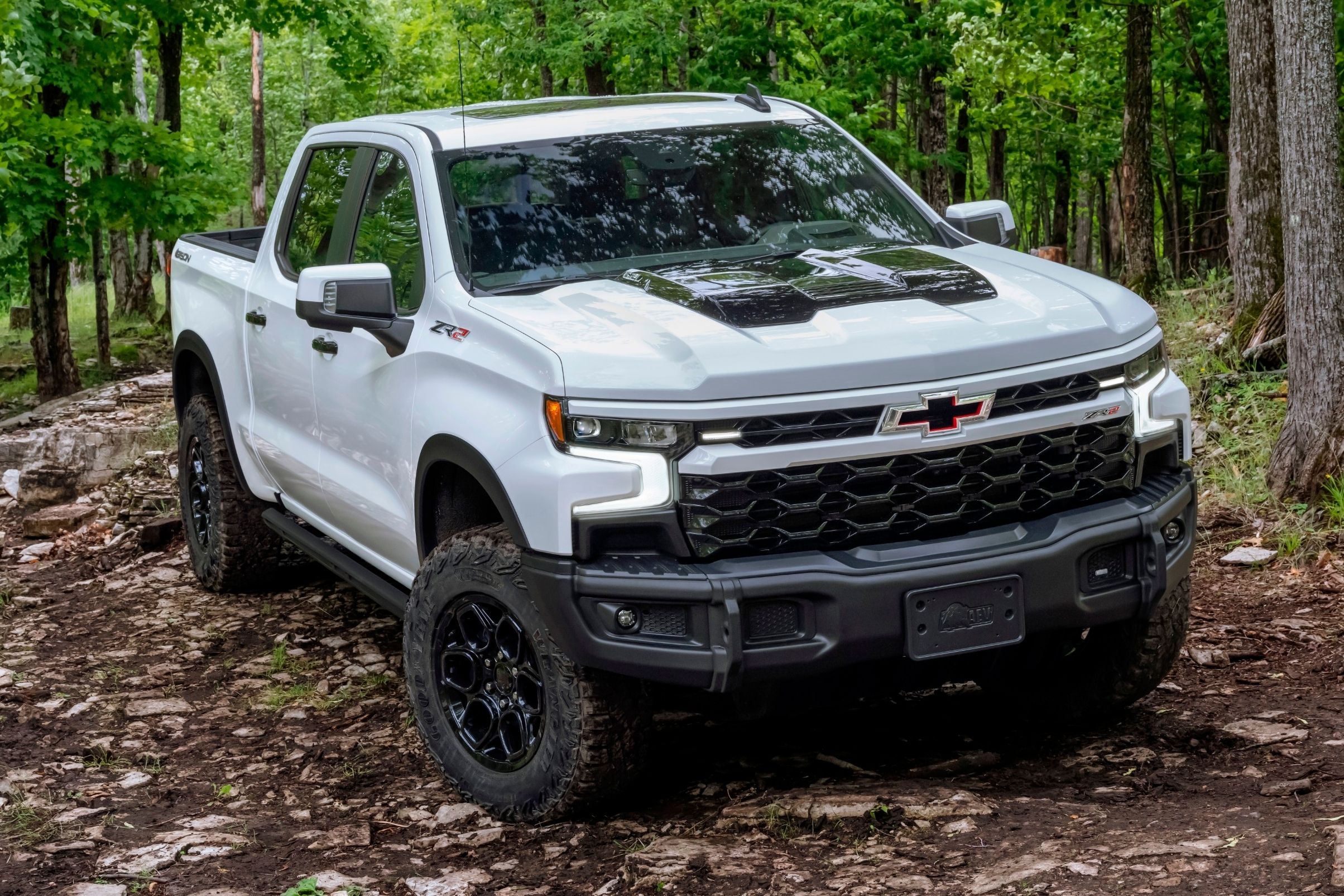
America is something of an oddity these days in the automotive industry. On the one hand, there are those Tesla die-hards who'd follow Elon Musk to Mars and back if he asked them. And then there are the forever loyal pickup trucks owners. As we recently learned, more Americans are now even ditching their luxury sedans in favor of expensive pickup trucks, such as the Ford F-150 Raptor and GMC Sierra Denali. What's not happening, and likely never will, are Tesla Model S owners switching to trucks.
Before I go any further, let's get a couple of things out in the open. Yes, Tesla owners are typically highly educated with plenty of money to spare, a requirement to purchase a Model S prior to the Model 3's arrival. Yes, pickup truck drivers are often identified as blue collar, but those aforementioned trucks cost at least $50 grand or so, not including any options. A fully-optioned Raptor runs around $80k. So no, truck buyers can also have plenty of dough to spend. Setting aside socioeconomic class, America is still a divided country regarding vehicle preferences. EVs and full-size pickup trucks are at the complete opposite ends of the spectrum, but it's the latter that's driving automaker profits, at least for the Detroit three.
Will it even be possible to convince truck buyers to one day trade in their beloved pickups for an EV? Uh, no way, hence Musk's already announced plan to build an EV pickup truck. It's doubtful the hardcore truck people would be willing to make the change from internal combustion to batteries, but more affluent truck buyers will likely be more open. This all begs the question: Do mainstream automakers even know how to make money without trucks and SUVs? The answer is no. Right now, GM, Ford and FCA are enjoying solid truck/SUV profits, but their mainstream sedans are quickly becoming a burden. Will crossovers help make up for them?
Probably yes, but that still does not offer a solution to the 6,500 new pickup trucks sold every day in America, according to a recent study by the Automotive News Data Center. The Ford F-150, around 2,400 examples of which are sold daily, has been the best-selling truck in America for four decades. The far more economical Fiesta will soon be dead in the US and it's not like the Focus EV has been flying off dealership lots. Heck, the mid-size Fusion sedan's future is now in doubt. Ford will launch an F-150 hybrid for 2020 but marketing it will no doubt be a challenge. In other words, its success is not guaranteed. Bloomberg reported last November fuel economy is not something that concerns F-150 owners.
In fact, it ranked in at No. 28 on their list of truck priorities. Interior roominess ranked even higher. Point being, the F-150 hybrid is going to be a hard sell, even if it will save owners money at the pumps. With gasoline being relatively cheap in the US once again, there's simply no realistic incentive for people to buy a hybrid pickup truck. Or an EV truck, for that matter. It'll take another couple of decades, but EVs will become the norm because the government will want that. Same goes for Level 5 autonomy. Zero emissions and an end to crashes and fatalities caused by human error? It's a no-brainer. But how will pickup trucks find their place? There will still be, of course, a minority of rural owners, such as farmers, who will require them for their livelihoods.
As for the rest of us who like to haul stuff home from Home Depot? There'll be driverless EV transporters for that task, and millions more like it. Like sports cars and race tracks, off-roading will become a cottage industry limited to specific off-road courses away from cities and suburbs. Heck, these courses already exist. For the near term future, however, pickup trucks are not going anywhere. They will continue to sell in droves and bring in big bucks for automakers. EV sales will slowly but surely grow with hybrids and plug-in hybrids providing a stop-gap. It'll be several years before automakers earn serious profits off of EVs, but it will happen. Somehow. They have some time to figure that out.
In the long run, America's truck addiction will not eliminate the rise of EVs. A younger generation, born into the era of EVs and self-driving, will ultimately cure that addiction. They will one day laugh at their grandparents' love of pickup trucks and wonder why the hell they wanted something so big, so thirsty, and so, in their world, unnecessary.










